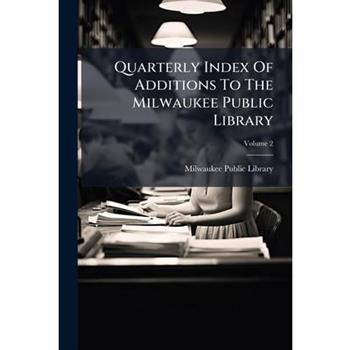Local Volunteering, Adult Learning and Social Change in the Philippines
Based on long-term ethnographic fieldwork, this book explores the learning and literacy dimensions of local volunteering for social change in the Philippines. It tells the story of youth and adult volunteers who experience vulnerabilities yet play central roles in local development efforts in housing and sexual health. Why do people who themselves experience vulnerability volunteer to help others? And what are their learning experiences in the process? In its unique application of a literacy lens to the study of volunteering, the book unravels how marginalised groups, often seen as 'thankful receivers', (re)use texts, words and labels to (re)define their roles in shaping social change and for whose benefit. Chris Millora provides an in-depth look into the volunteers' everyday activities such as delivering community health classes, filling out donor forms and applying for government approvals. In doing so, this book reveals how volunteers' voices and agency were constrained to fit a certain bureaucratic way of working. It offers powerful case studies on how global development agendas such as value-for-money, upskilling and professionalisation - through bureaucratic literacies - impact the experiences of volunteers at the grassroots level. Arguing that literacy and volunteering could enhance inequalities within groups, this book calls for a renewed focus on the role that power and identities play both in adult/youth literacy and volunteering research.
Meaning in Communication
This book aims to provide readers with an in-depth understanding of meaning in communication. It helps readers navigate the challenges presented by today's rapidly evolving cultures and languages. The book covers the analytical study of compliments, including both giving and receiving them, within the context of understanding culture, language, and cognition. It offers definitions for language, culture, and cognition and shows how these concepts relate to each other during interactions. It also explores signs and multimodalityin relation to their role in constructing meaning.
The Approach Of Academic To Spoken Style In German
Language, Gender and Politics in Central and Eastern Europe
This volume is the first book-length collection of research on language, gender and sexuality in the societies of central and eastern Europe. Spanning a range of languages and political contexts, the chapters shed light on the intense debates that connect language use, gender equality, sexuality, history and belonging in this region today, while advancing perspectives on semiotic resignification that complicate some western-dominated frameworks in the discipline. Focused on a space increasingly described as a hub of 'anti-gender' hostility - as we currently witness in the curtailing of abortion rights, removal of gender from curricula and institutionalisation of anti-LBGTQ rhetoric - the book also foregrounds the rich continuities of feminist theory and protest in post-socialist societies, and their import for rethinking transnational sociolinguistic perspectives on heteronormative patriarchy, 'anti-genderism', neoliberalism, imperialism and conflict. Showcasing a range of approaches, themes and angles of inquiry, the book will be of interest to scholars and postgraduate students researching the topics of gender and sexuality within linguistics, but also within other interdisciplinary areas of the humanities and social sciences.




























![A Glossary Of Words Used In Oxfordshire [with] A Glossary Of Words Used In Oxfordshire [with]](https://cdn.kingstone.com.tw/english/images/product/6870/9781024336870m.jpg?Q=579b7)



![A Glossary Of Words Used In Oxfordshire [with] A Glossary Of Words Used In Oxfordshire [with]](https://cdn.kingstone.com.tw/english/images/product/2551/9781024332551m.jpg?Q=9d8cd)





![The Free Libraries Of Scotland, By An Assistant Librarian [t. Mason] The Free Libraries Of Scotland, By An Assistant Librarian [t. Mason]](https://cdn.kingstone.com.tw/english/images/product/0597/9781024790597m.jpg?Q=07a9e)











![The Free Libraries Of Scotland, By An Assistant Librarian [t. Mason] The Free Libraries Of Scotland, By An Assistant Librarian [t. Mason]](https://cdn.kingstone.com.tw/english/images/product/3420/9781024793420m.jpg?Q=a7858)





















